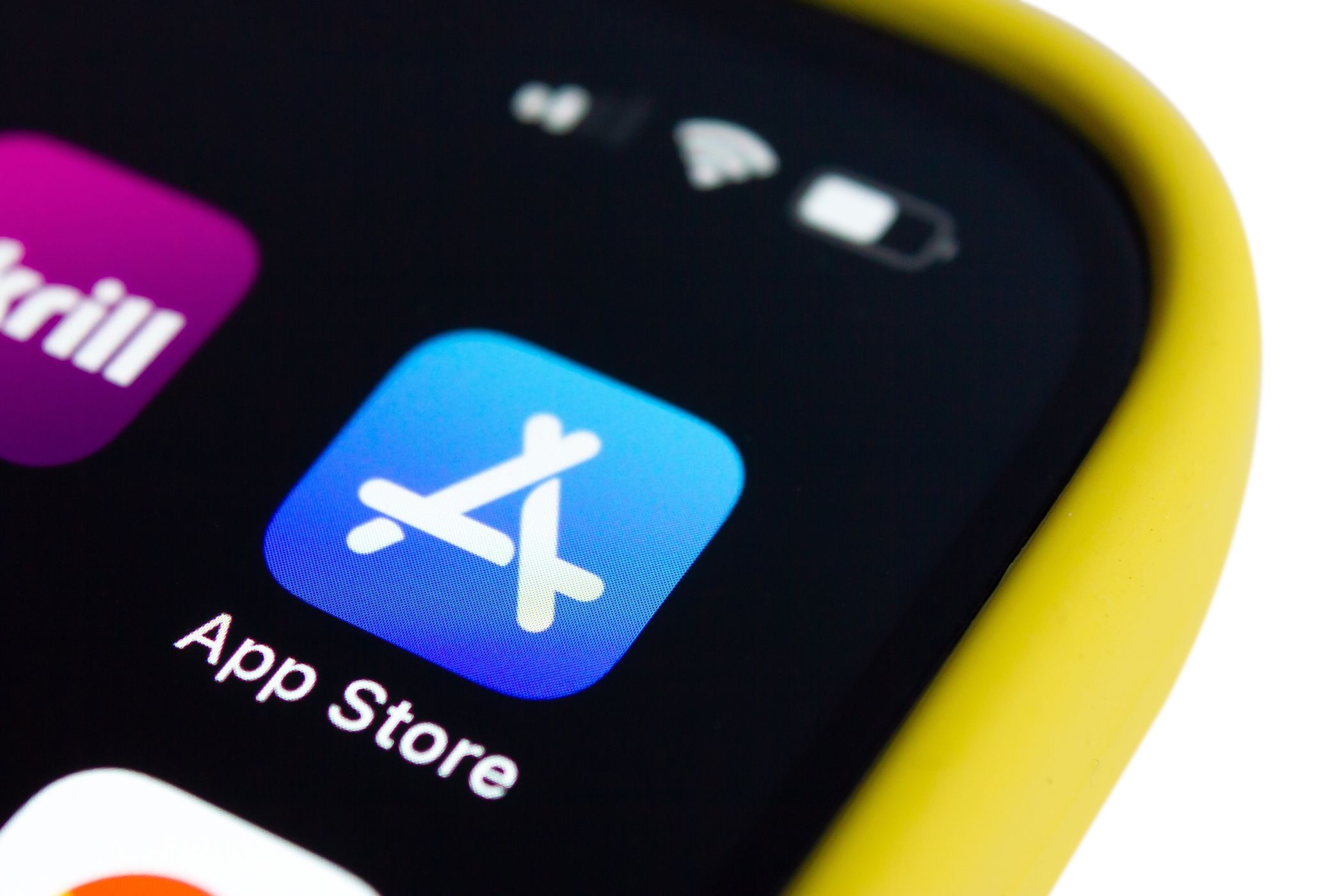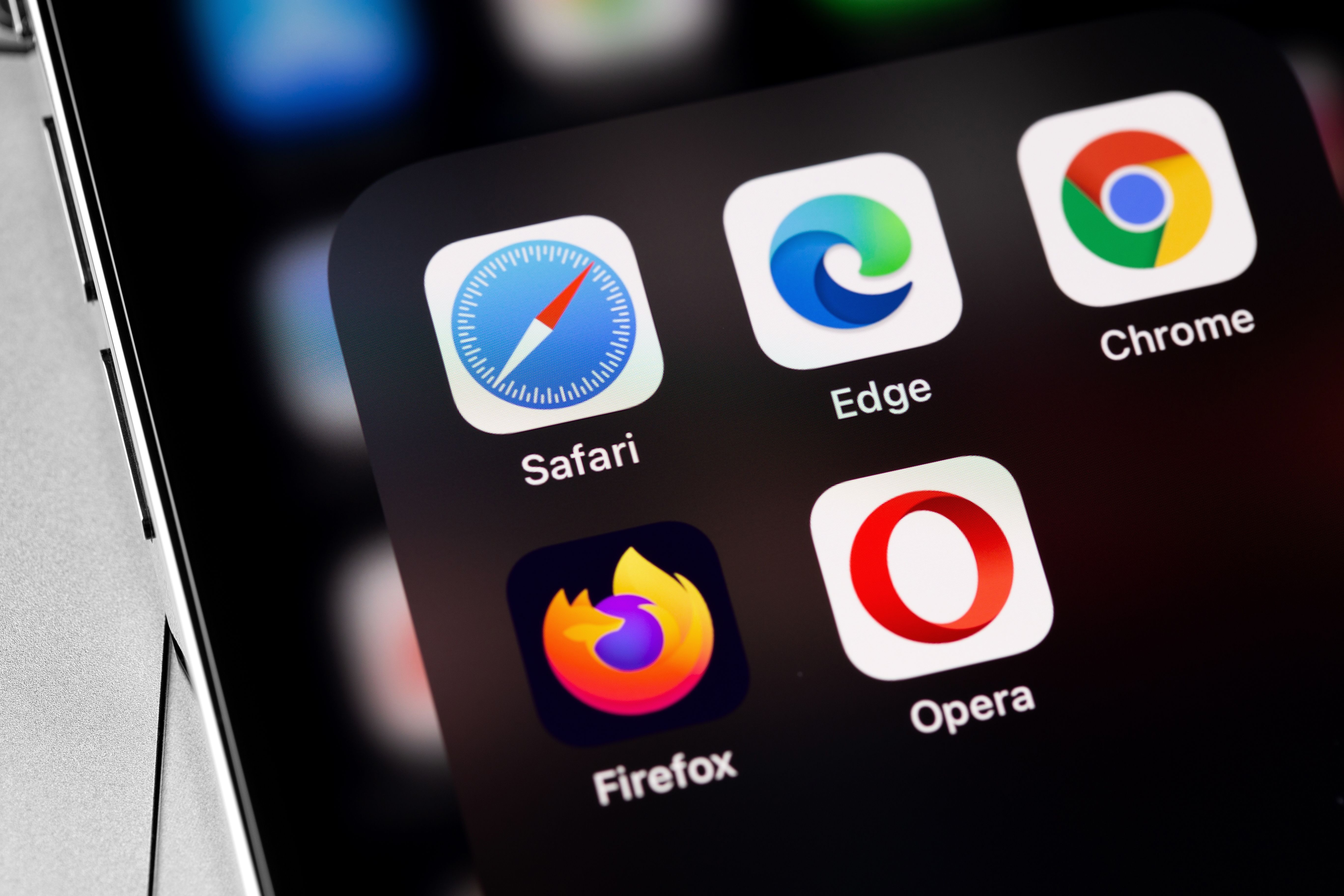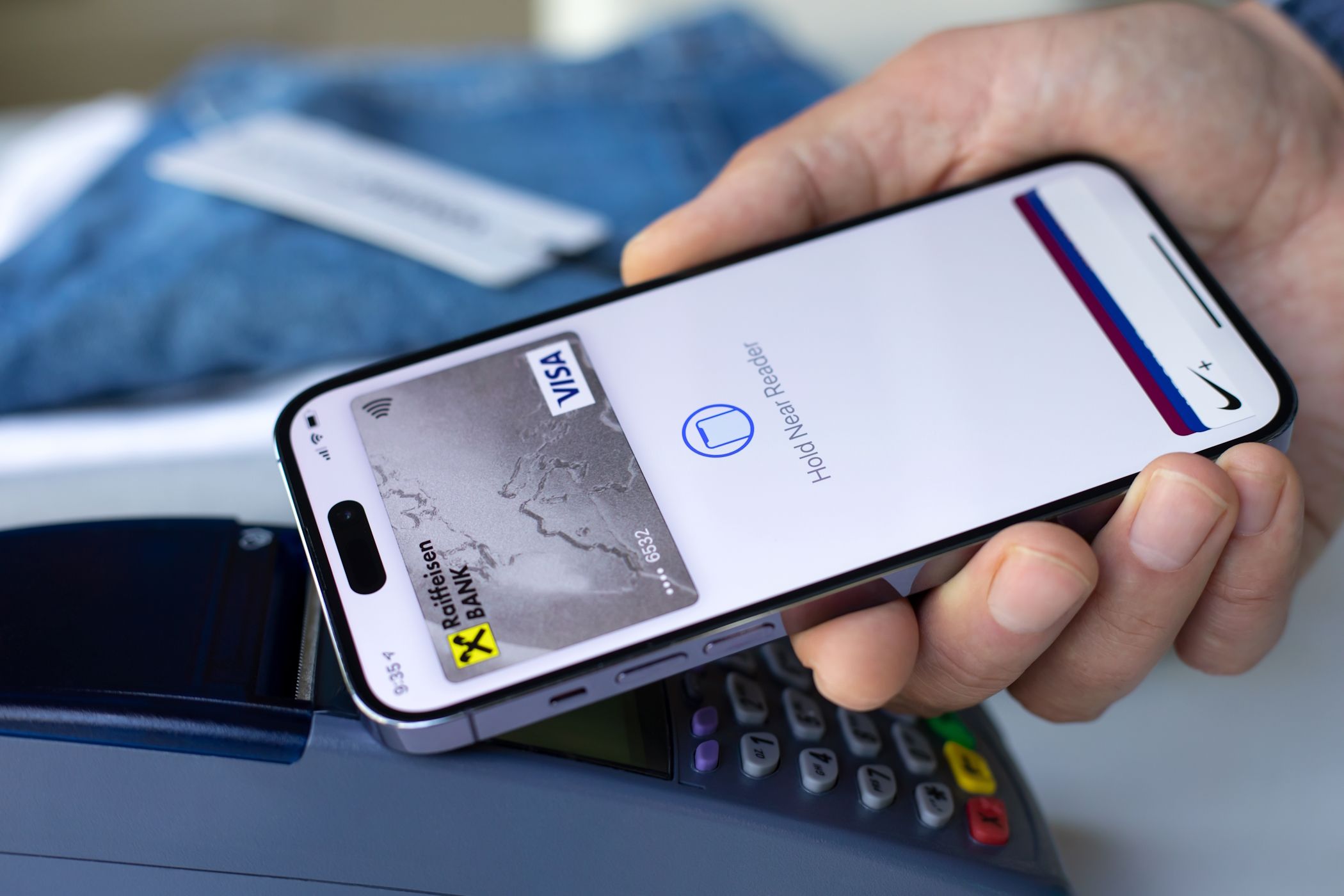The European Commission is forcing Apple to make big changes to how its devices function in the EU, such as implementing support for third-party app stores and alternative payment options. Here are a few monumental changes in Apple’s operating systems in the EU.
1. Alternative App Marketplaces
The Apple App Store has long been the only place from which you can get software for Apple devices—apart from sideloading apps onto an iPhone.
But that’s all changing for EU users anyway. Apple now allows app developers and other third parties to offer iOS and iPadOS apps on alternative marketplaces, even their own websites.
Apple says this would amount to increased risk, so the company introduced additional safety measures, like notarization for iOS/iPadOS apps and authorization for marketplace developers.
This could lead to two things: one, you pay less for your software (an often-touted but rarely-seen benefit), and two, more variation in software from developers otherwise put off by Apple’s limitations.
2. Support for Third-Party Browser Engines
The European Commission also wanted Apple to offer developers more options for their web browsing applications. To that effect, Apple now allows developers to use browser engines other than WebKit.
This could lead to more varied browsing experiences within apps that offer it. While this is still in its early stages, things could ramp up quickly. As 9to5Google pointed out, Google even has official instructions on building a Chromium-based iPhone browser prototype for yourself.
3. More Diverse Payment Options
Developers in the EU are getting more payment options for their digital goods—yes, there are drawbacks to using Apple Pay. They can offer alternative payment methods for their apps and services, which means smaller commissions to Apple, in turn, deeper discounts and more savings passed on to consumers.
EU users will have a number of new ways to pay, either within an app itself or with a link to an external payment option. On the flip side, getting in touch with support may be more confusing and a bigger hassle to chase down refunds if you encounter a road bump.
Will Apple Bring These Changes to the US?
Apple doesn’t seem very keen on these “interoperability” changes, so it’s highly unlikely that the company will open up its operating systems similarly in the US and other markets globally.
All in all, don’t expect to be able to download apps from alternative app stores or pay using different methods outside of the EU any time soon. I don’t see that happening unless the US government makes similar demands from the tech giant.




